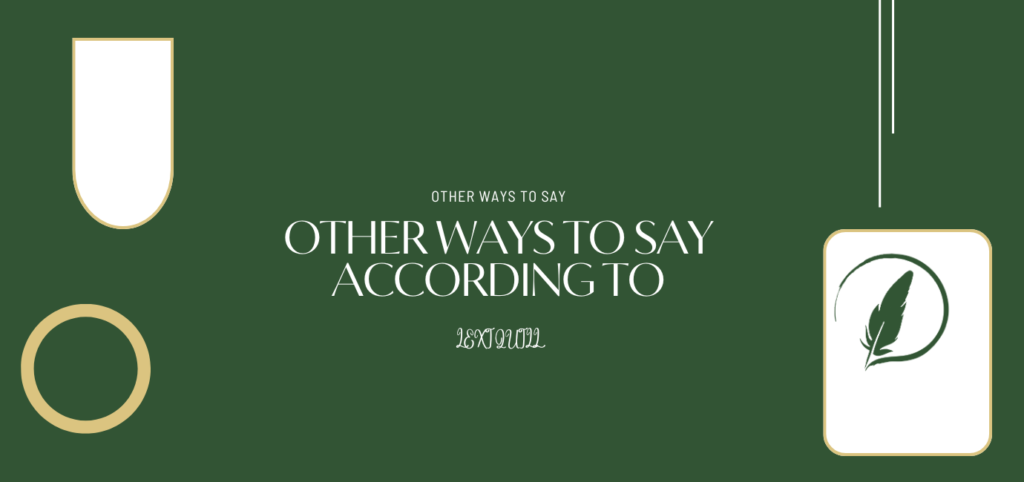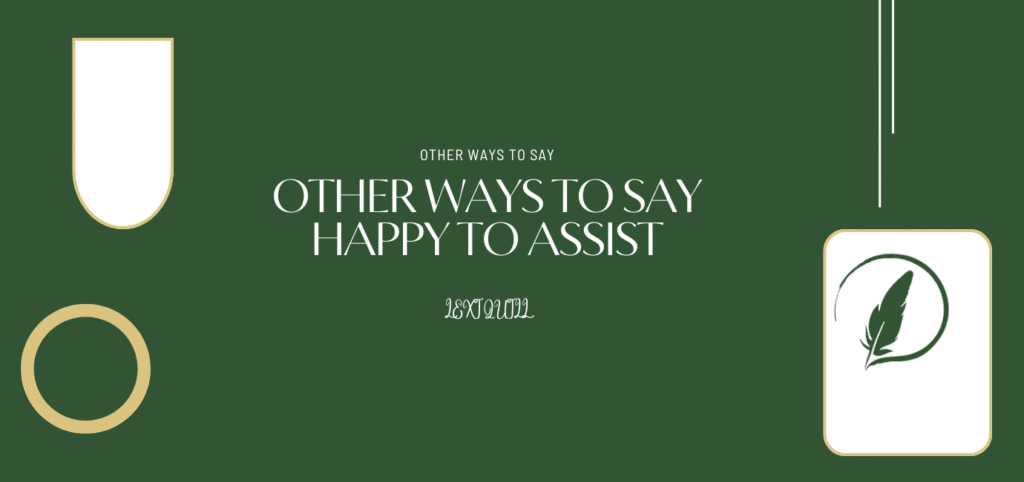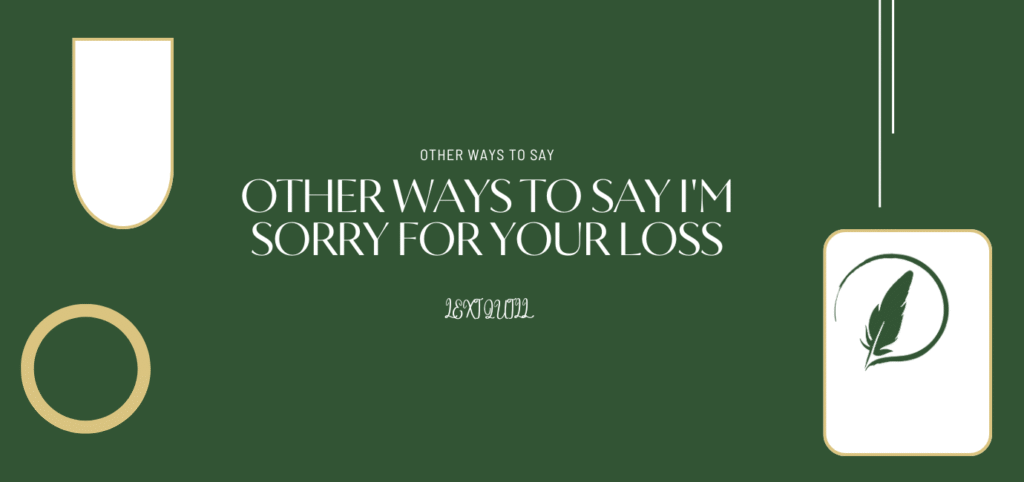In professional settings, how we communicate can significantly impact our credibility and relationships. While honesty is always appreciated, saying “I don’t know” though simple and truthful can sometimes seem dismissive. It may unintentionally give the impression of being unprepared or disengaged, unprepared, or lacking initiative in a business environment. So, how do you professionally say “I don’t know” without compromising transparency? This article explores refined and workplace-appropriate alternatives that convey the same sentiment while maintaining professionalism and confidence.
Why Replacing “I Don’t Know” Matters in the Workplace
Using professional language enhances clarity, builds trust, and shows a proactive attitude. By finding business synonyms for common phrases like “I don’t know,” professionals can communicate more effectively, especially in high-stakes meetings, interviews, and client interactions. It demonstrates emotional intelligence, respect for the conversation, and a willingness to collaborate or follow up.
Option 1: “Let Me Find Out and Get Back to You”
Nuance:
This alternative conveys a willingness to take responsibility and follow up. It’s proactive and shows initiative.
Contextual Usage:
Ideal in meetings, client discussions, or when speaking to upper management.
Example Sentence:
“That’s a great question—I don’t have the answer on hand, but let me find out and get back to you shortly.”
Professional Synonyms: “I’ll look into it”, “I’ll get the details for you”
Option 2: “That’s Outside My Expertise, But I Can Connect You with Someone Who Knows”
Nuance:
This phrase maintains credibility while recognizing one’s limitations. It also introduces a helpful solution.
Contextual Usage:
Best used in collaborative environments, cross-functional teams, or client service scenarios.
Example Sentence:
“This particular issue is outside my expertise, but I’d be happy to connect you with a colleague who specializes in this area.”
Business Synonyms: “I’ll refer you to the right person”, “Let’s loop in someone with the right knowledge”
Option 3: “I’ll Need to Look Into That Further”
Nuance:
This implies a careful and thorough approach rather than a lack of knowledge. It sounds thoughtful and diligent.
Contextual Usage:
Appropriate in technical discussions, project planning sessions, or data-driven environments.
Example Sentence:
“I’ll need to look into that further to provide you with a precise response.”
Professional Synonyms: “Further analysis is needed”, “I’ll review this in more detail”
Option 4: “I’m Not Certain at the Moment, But I’ll Clarify and Follow Up”
Nuance:
This version acknowledges uncertainty without appearing uninformed. It reassures the listener that the issue will be addressed.
Contextual Usage:
Useful in customer service, project meetings, and internal team check-ins.
Example Sentence:
“I’m not certain at the moment, but I’ll clarify the details and follow up with you later today.”
Professional Synonyms: “I need to confirm some details”, “I’ll double-check and update you”
Option 5: “That’s a Great Question—Let’s Explore That Together”
Nuance:
This response turns a lack of knowledge into an opportunity for collaboration. It encourages open discussion.
Contextual Usage:
Best in brainstorming sessions, team environments, or leadership meetings where open dialogue is encouraged.
Example Sentence:
“That’s a great question—let’s explore that together and see what we can come up with.”
Business Synonyms: “Let’s workshop that idea”, “Let’s investigate this further together”
Option 6: “I Don’t Have That Information Right Now”
Nuance:
This phrase is direct yet polished. It avoids admitting ignorance and instead focuses on timing.
Contextual Usage:
Effective in formal communication, especially in written responses or press interviews.
Example Sentence:
“I don’t have that information right now, but I’ll make sure to send it to you by end of day.”
Professional Synonyms: “That data isn’t available at the moment”, “I’ll need to check on that”
The Value of Using Professional Alternatives
Choosing professional synonyms for everyday phrases like “I don’t know” helps improve how you’re perceived in the workplace. It shows that you’re solution-oriented, dependable, and communicative. Clear and respectful language fosters stronger working relationships and makes collaboration smoother.
Using these phrases also minimizes the risk of sounding evasive or indifferent, which can sometimes happen with blunt responses. Instead, they encourage a dynamic where honesty meets professionalism.
Final Thoughts:
Knowing how to professionally say “I don’t know” is a valuable skill for anyone in the workforce. Each of the alternatives discussed offers a way to maintain honesty while demonstrating initiative and confidence. Whether you’re in a meeting, writing an email, or speaking with a client, these business synonyms for “I don’t know” will enhance your workplace communication.
Start incorporating these phrases into your daily interactions to elevate your professional presence. Strong communication isn’t about always having the answer—it’s about knowing how to respond when you don’t. And now you do.








